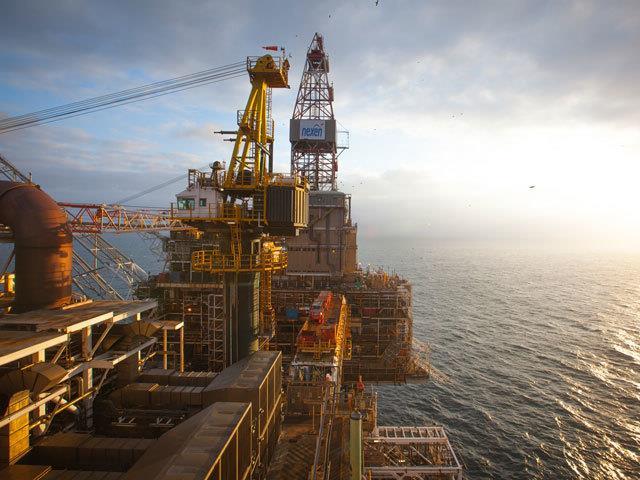
Final investment decisions (FIDs) are being predicted for a series of large untapped oil and gas fields in the UK North Sea next year.
Analytics firm Welligence said, alongside the announced FIDs planned for Cambo and Rosebank, progress is expected on Perth, Bentley and Bressay in the North Sea.
“Commitment at large greenfield developments, including Cambo and Rosebank, is expected,” the firm said.
“We may see some progression towards FID at the very last of the large, undeveloped fields including Perth, Bentley and Bressay.”
Perth
The Greater Perth Area is 100% owned by Parkmead Group (LON: PMG), in the Central North Sea, one of the region’s largest undeveloped projects.
Holding around 55 million barrels of recoverable oil equivalent, discussions are ongoing with CNOOC on using the nearby Scott platform six miles south to receive production from Perth.
Parkmead drafted in finance advisory Parkmead in summer to help find a partner for the development.
Bentley and Bressay
EnQuest (LON: ENQ) acquired operatorship of both Bentley and Bressay in 2021; large oilfields close by to one-another around 85miles south-east of Shetland in the Northern North Sea.
The London-listed firm said in March that they added almost 250m of barrels of oil equivalent to its 2C reserves and that it was exploring a range of development options.
It added that a field development plan would be advanced in 2022, though this has yet to filter through to the public.
The two fields are close by to one-another, and a boss at Xcite Energy, which used to operate Bentley told Energy Voice that developing them in tandem was an “obvious” solution.
He added that the pair are “quite likely the same field, or they’re very closely related”.
Bentley lies less than 10miles from EnQuest’s producing Kraken field.
Cambo and Rosebank
Cambo and Rosebank in the West of Shetland, together the largest untapped projects in the UK, are due for FID in 2023.
Equinor operates Rosebank, which is thought by its partners to have 300 million recoverable barrels in its first phase, which will produce through the electrification-ready Knarr FPSO.
Ithaca Energy (LON:ITH), which is partnered on Rosebank, operates the Cambo oilfield in the same region.
Chairman Gilad Myerson said the firm has “line of sight” to sanctioning the development next year.
An exploration licence for Cambo was granted in 2001 and around 170 million barrels of oil are being targeted in its first phase.
That’s despite climate controversy marring the development, which is also electrification-ready.
Shell is a 30% partner on the project and, despite saying last year it would not progress the field to investment, has not exited the project.
North Sea boss Simon Roddy told Energy Voice recently that Shell is “still in the licence and still looking at options“.
Windfall Tax and electrification
Welligence also predicted Firmer “plans for electrification of offshore facilities”, in the wake of recent events.
Earlier this month, Equinor, Ithaca and BP recently signed a pact to progress electrification in the West of Shetland following amendments to the UK windfall tax which effectively granted such projects a subsidy.
Last month, Chancellor Jeremy Hunt unveiled a hike to the Energy Profits Levy, but kept the general investment allowance the same.
However, there was a hike in the allowance specifically for projects to electrify oil and gas assets – meaning firms spending £100 on decarbonisation will receive £109.25 back.
Ithaca, BP and Equinor signed an agreement to explore electrification options for the huge Clair, Rosebank and Cambo fields in the West of Shetland.
Welligence says “this is potentially more attractive post-EPL” as firms seek capital expenditure opportunities in the coming months.
The group added that this is “especially” the case “as upstream decarbonisation is not subject to the reduced investment allowance.
Increase in appetite for mergers and acquisitions
An increased opportunity for merger and acquisition deals has also been flagged by the organisation.
Assets may be changing hands in the new year as CNOOC International, ONE-Dyas, Suncor, Shell and ExxonMobil’s SNS assets present a “large pool of opportunities.”
However, this is dependent on there being “sufficient buyer appetite” according to the analysts “which appears to be in strong supply” at the moment but the organisation does pose the question “for how long?”
Earlier this year senior analyst for Westwood Energy, Yvonne Telford, told Energy Voice: “Commodity price volatility can lead to delays in agreeing terms of M&A deals, as the gap between buyer and seller value expectations can be wider.
“That said, the longer prices remain high, more companies are likely to have available cash for M&A activities, which can expand the buyer pool.”
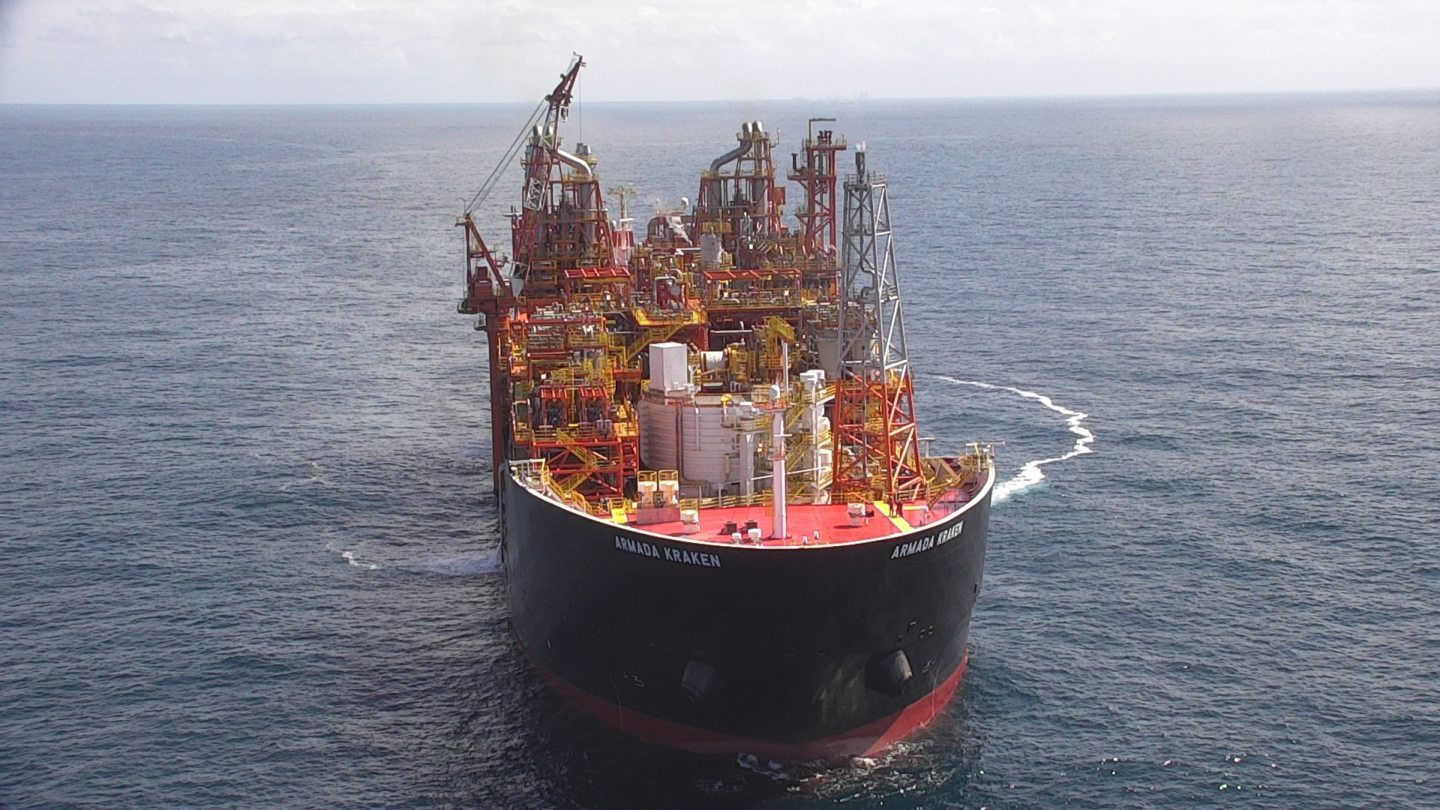 © Supplied by EnQuest
© Supplied by EnQuest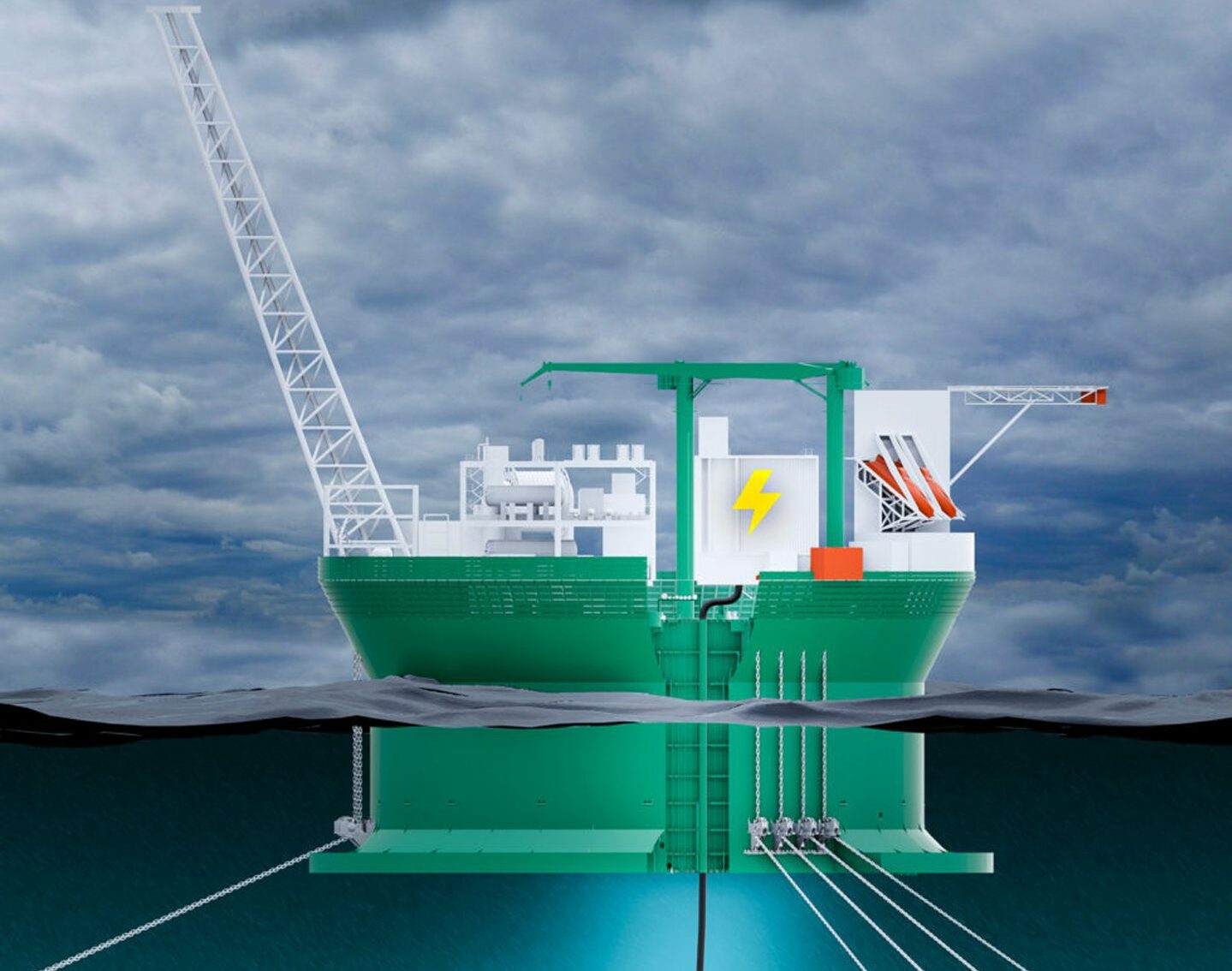
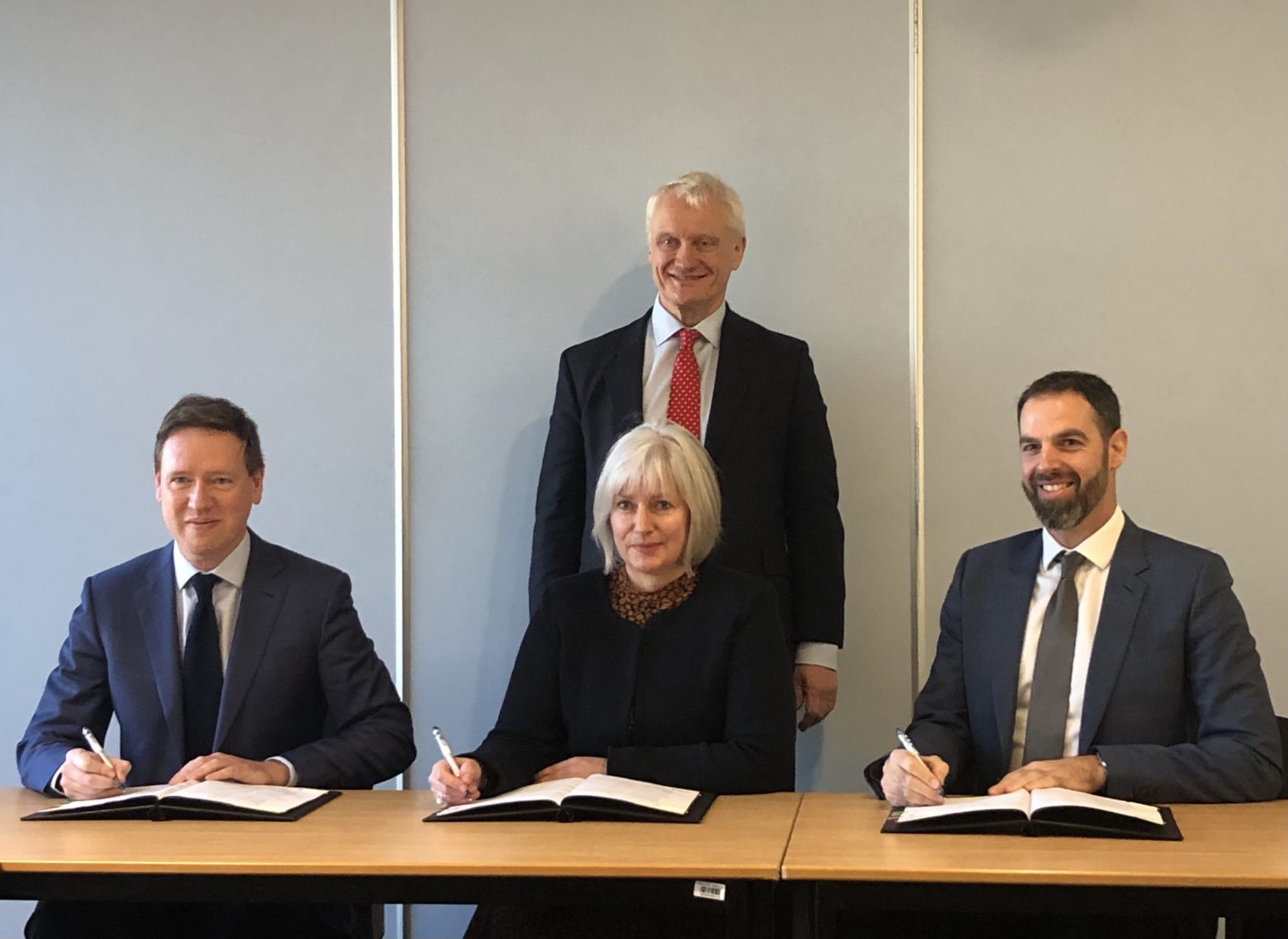
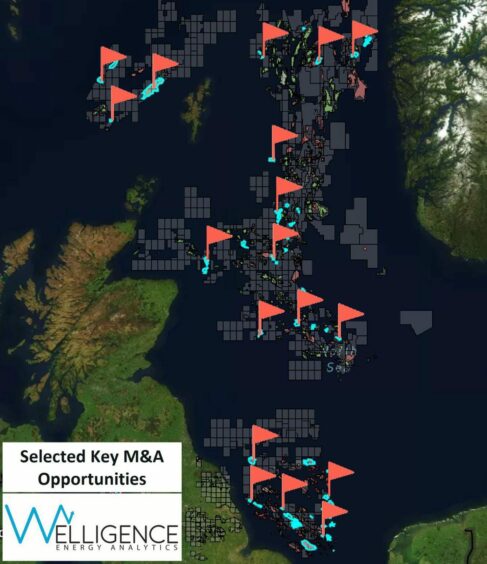 © Supplied by Welligence
© Supplied by Welligence